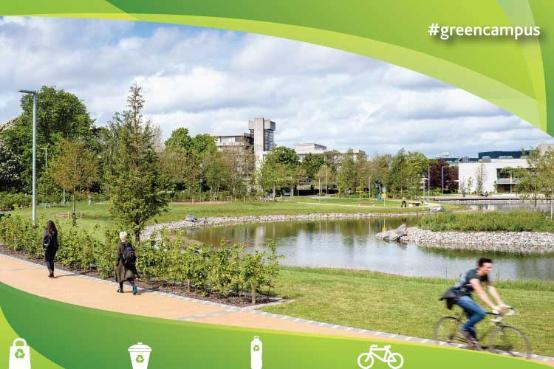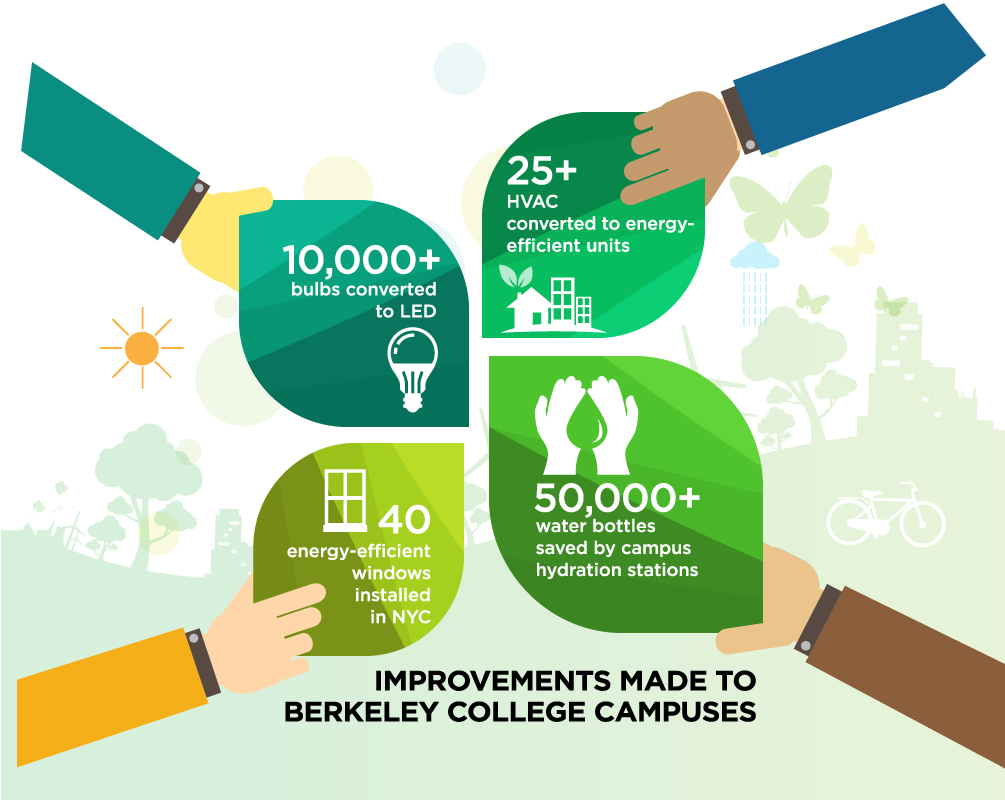The University of California, Berkeley, renowned for its academic excellence and research prowess, is equally committed to sustainability. As concerns about climate change and environmental degradation intensify, UC Berkeley has positioned itself as a leader in implementing innovative sustainability initiatives. This article explores various programs and practices adopted by the university to promote sustainability, reduce its carbon footprint, and inspire the community towards a more sustainable future.
A Commitment to Sustainability: The UC Berkeley Framework

UC Berkeley’s approach to sustainability is grounded in its comprehensive sustainability framework. The framework encompasses various facets, including energy conservation, waste reduction, transportation, and sustainable food practices. Key components include:
- Strategic Planning: UC Berkeley has developed a strategic plan that outlines specific goals and benchmarks to enhance sustainability across its operations.
- Green Building Standards: The university adheres to stringent green building practices, ensuring that new constructions meet LEED certification standards.
- Engagement and Education: UC Berkeley emphasizes community engagement and education, fostering a culture of sustainability among students, staff, and faculty.
Energy Efficiency Initiatives
One of the cornerstones of UC Berkeley’s sustainability efforts is energy efficiency. The university has implemented several initiatives aimed at reducing energy consumption across its campus:
- Energy Conservation Programs: UC Berkeley has launched programs that promote energy-saving practices among students and staff, including energy audits and awareness campaigns.
- Renewable Energy Sources: The university has invested significantly in renewable energy, particularly solar power. The campus has installed solar panels on several buildings, contributing to its goal of achieving carbon neutrality.
- Smart Building Technologies: Advanced technologies, such as smart meters and energy management systems, are employed to optimize energy use in campus facilities.
According to UC Berkeley’s sustainability report, the campus has achieved a 30% reduction in greenhouse gas emissions since 1990, highlighting the effectiveness of these initiatives.
Waste Reduction and Recycling Programs
UC Berkeley recognizes the importance of waste reduction and recycling in achieving sustainability goals. The university has established comprehensive waste management programs to minimize landfill contributions:
- Zero Waste Goal: UC Berkeley aims to achieve a zero waste campus by 2020, a goal that has driven various initiatives to enhance recycling and composting.
- Composting Programs: The university has implemented extensive composting programs that allow food waste from dining services to be converted into nutrient-rich compost.
- Recycling Initiatives: Dedicated recycling bins are strategically placed across campus, and educational campaigns encourage proper waste disposal.
In its 2021 report, UC Berkeley reported a diversion rate of 62% of its waste from landfills, showcasing significant progress towards its zero waste goal.
Sustainable Transportation Options

Transportation is a significant contributor to greenhouse gas emissions, and UC Berkeley has taken proactive measures to promote sustainable transportation options:
- Public Transit Incentives: The university offers subsidized transit passes to encourage the use of public transportation among students and staff.
- Bicycle Infrastructure: UC Berkeley has developed extensive bicycle infrastructure, including bike lanes and secure parking facilities, to promote cycling as a viable transportation option.
- Electric Vehicle Charging Stations: The campus has installed electric vehicle charging stations to support the use of electric vehicles among the university community.
In the 2020 academic year, UC Berkeley reported that nearly 30% of students used bicycles as their primary mode of transportation, reflecting the success of its initiatives.
Sustainable Food Practices
Food production and consumption are critical components of sustainability, and UC Berkeley has made significant strides in promoting sustainable food practices:
- Local and Organic Sourcing: The university prioritizes sourcing food from local and organic farms, reducing transportation emissions and supporting local economies.
- Plant-Based Options: UC Berkeley offers a variety of plant-based meal options in its dining facilities, encouraging a shift towards more sustainable eating habits.
- Food Recovery Programs: The university has implemented food recovery initiatives to divert surplus food from landfills to local food banks and community organizations.
These initiatives not only contribute to sustainability but also promote healthy eating among the campus community.
Research and Innovation in Sustainability

UC Berkeley is home to numerous research initiatives focused on sustainability and environmental science. The university fosters interdisciplinary collaboration among researchers, students, and community partners to address pressing environmental challenges:
- Berkeley Institute for the Future of Young Americans: This institute conducts research on sustainable urban development and environmental justice, providing valuable insights for policymakers.
- Energy and Resources Group (ERG): ERG is dedicated to understanding the complex interactions between energy, resources, and the environment, contributing to innovative solutions for sustainability.
- Center for Law, Energy & the Environment (CLEE): CLEE focuses on legal and policy frameworks that support sustainable practices, influencing legislation and regulatory measures.
Through these research initiatives, UC Berkeley not only advances academic knowledge but also translates research findings into actionable solutions for real-world sustainability challenges.
Community Engagement and Education

Engaging the campus community and fostering a culture of sustainability is essential for the success of UC Berkeley’s initiatives. The university promotes sustainability education through various programs:
- Sustainability Courses: UC Berkeley offers a range of courses dedicated to sustainability, environmental science, and climate change, equipping students with the knowledge to become effective advocates for sustainability.
- Student Organizations: Numerous student-led organizations focus on environmental issues, organizing events, workshops, and campaigns to raise awareness and drive action.
- Public Events and Workshops: The university hosts public events, lectures, and workshops focused on sustainability topics, fostering dialogue and collaboration among stakeholders.
These initiatives empower students and staff to take ownership of sustainability efforts and contribute to a greener campus environment.
Conclusion: A Model for Sustainable Universities
UC Berkeley’s commitment to sustainability is evident through its comprehensive initiatives aimed at reducing its environmental impact and fostering a culture of sustainability. From energy efficiency and waste reduction to sustainable transportation and food practices, the university has implemented a multitude of programs that serve as a model for other institutions. With an emphasis on research, engagement, and education, UC Berkeley is not only addressing current environmental challenges but is also preparing future generations to be leaders in sustainability.
As the university continues to innovate and expand its sustainability initiatives, it sets a precedent for higher education institutions worldwide. By prioritizing sustainability, UC Berkeley demonstrates that it is possible to harmonize academic excellence with environmental responsibility, paving the way for a greener future.